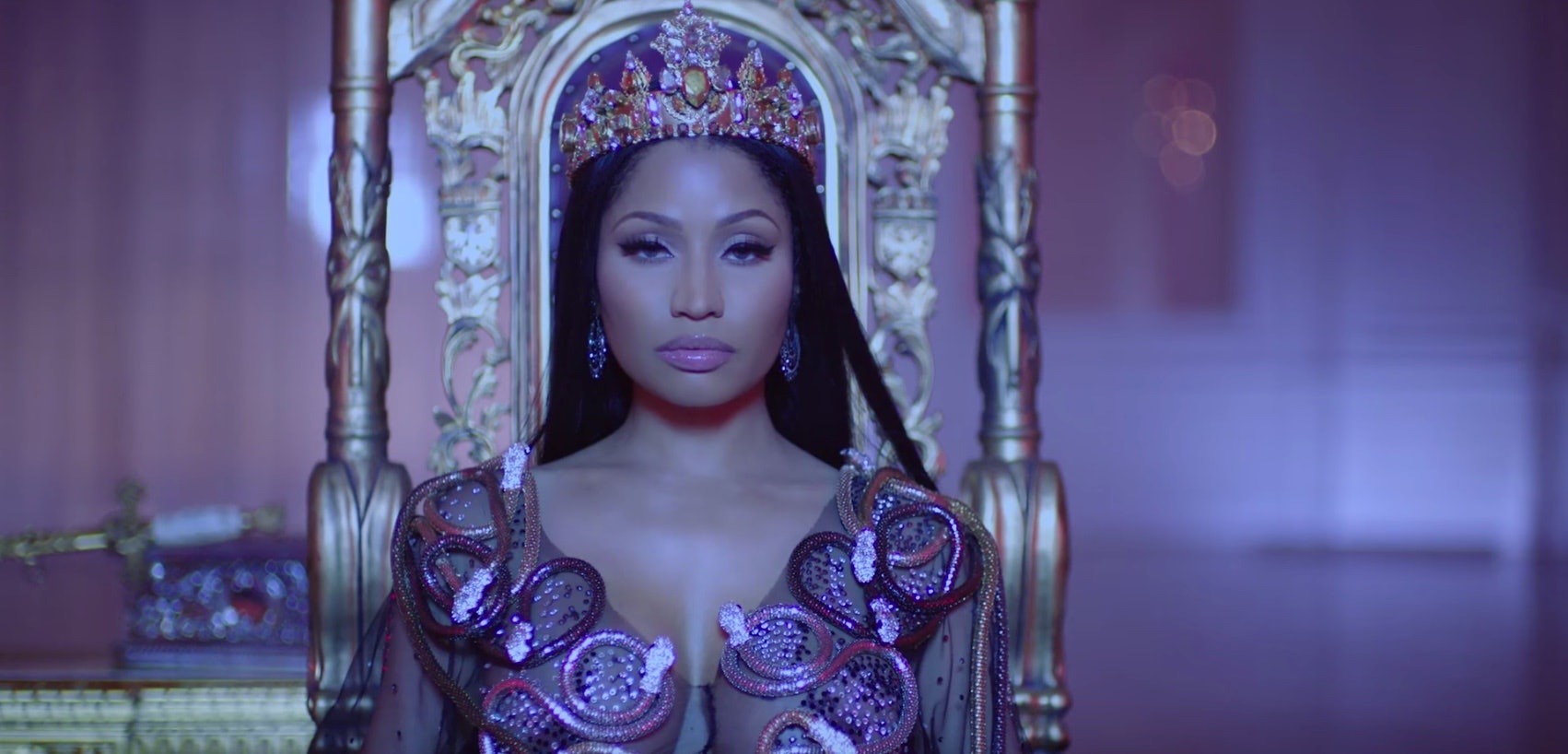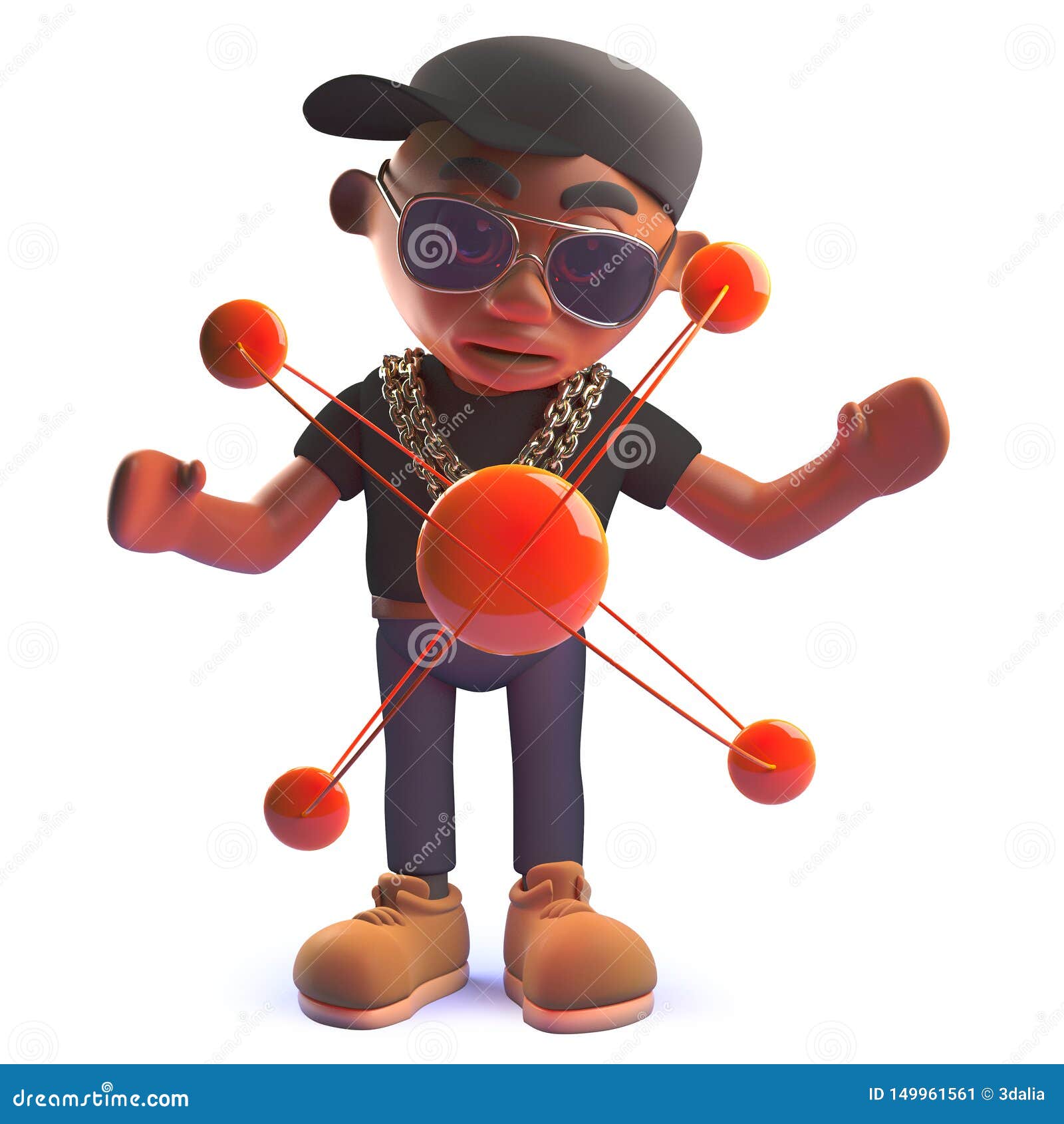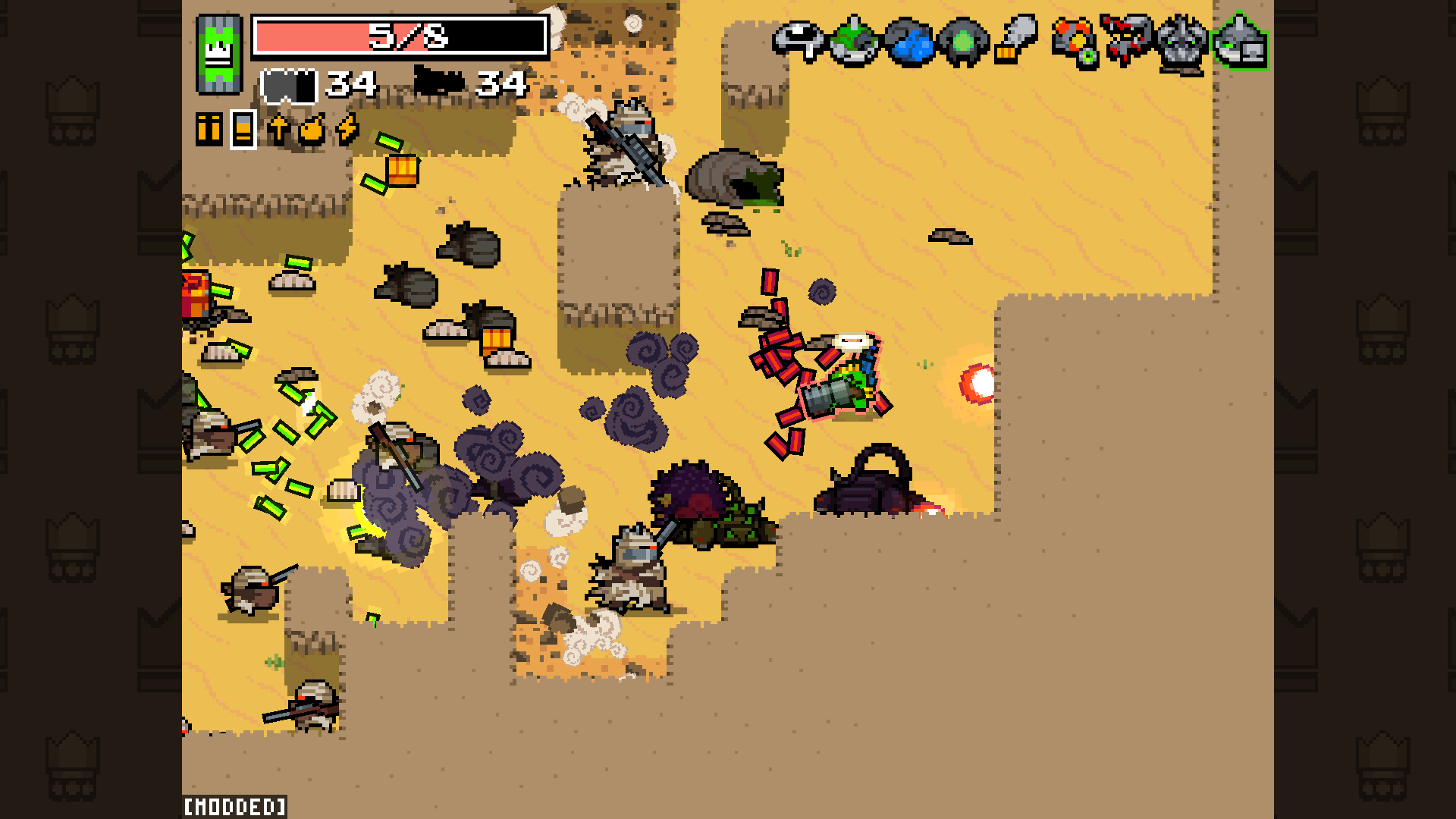
In her most revealing moments - that sad video from 2010, a weirdly contentious New York Times Magazine profile in 2015 that painted Minaj as a drama queen, or an anecdote about a near-death experience tucked into a 2014 BET Awards speech that felt like a cry for help - it has often seemed that Minaj is profoundly unhappy, even at the top of her game. I wish people took mental health seriously, even for the people you think have the perfect lives." I wish people understood what they meant and what they were going through. "I wish that Whitney Houston and Michael Jackson were here. "I wrote this down, I don't know why, y'all, but this was in my spirit to say," she read breathlessly from her phone. Accepting her trophy in pink sequins and ice-blue contacts that gave the effect of a sexy, scary baby, Minaj appeared almost shy. Doesn't it feel like that ought to have happened years ago - maybe with 2014's super-viral "Anaconda," the new song's obvious predecessor? It could've been any number of the career-spanning hits she tore through Sunday night at the VMAs - the charmingly weird "Super Bass," the villainous "Chun-Li," the totally bugged-out "Roman's Revenge" - where she co-hosted with Jack Harlow and received this year's Video Vanguard Award. That this was a first for Minaj seemed odd. 1 on the Billboard chart, the first time a female rapper's done so solo since Lauryn Hill's "Doo Wop (That Thing)" in 1998. Last month, Minaj achieved another milestone: her latest single, a fun Rick James flip called "Super Freaky Girl," debuted at No. Along the way, things changed: rap, the internet, fandom, feminism. For the better part of a decade, Nicki simply existing as Nicki - an oddball perfectionist outworking everyone to shatter rap's glass ceiling - felt like a radical act. For a few years, she'll have a legitimate claim to the title of best rapper alive for a few more years, she'll blur the lines between rap and pop and performance art with such fearless panache that even her critical flops will feel like breakthroughs, her most tossed-off guest verses more interesting than some of her peers' entire catalogs. With four platinum records and more Hot 100 hits than any woman in history other than Taylor Swift, she will become the most commercially successful and creatively influential female rapper of all time, and she will have earned it.

But that Minaj speech still gets to me, because it's clear how much the topic weighs on her, and because I know what happens next.

Looking back at the supposedly uplifting pop culture artifacts of that time, there's a lot to cringe at. This was the beginning of an era that often conflated female empowerment with female entrepreneurship, when people got very excited about concepts of female corporate supremacy repackaged as activist fantasies. If you'd asked me then what feminism meant to me, I'd have sent you a link to that video. "Don't use this footage, please," she says. There's a camera crew filming all this for a documentary, and the Nicki Minaj who looks like an acid-trip Barbie and just delivered the hardest rap verse of the past decade (on Kanye West's "Monster") isn't supposed to stress about this stuff.

You have to be dope at what you do, but you have to be super sweet, and you have to be sexy, and you have to be this, and you have to be that, and you have to be nice, and you have to." But then, she's ashamed. "But when you're a girl, you have to be, like. Her theater-kid roots are showing as she performs an impression of "You're fired!"-era Donald Trump, a man who gets what he wants when he wants it.

When a man is assertive, he's a boss!" she goes on, her dopey boyfriend nodding along from the couch. She's noticed that when guys like her mentor, Lil Wayne, act like divas, it goes differently than when she does. That's the only way they respect you." A shock of neon in an otherwise beige studio, it's 2010 and Nicki Minaj is ranting.


 0 kommentar(er)
0 kommentar(er)
